 IBCLC Detailed Content Outline: Pathology Focused CERPs - Section III
IBCLC Detailed Content Outline: Pathology Focused CERPs - Section III
Access CERPs on Pathology for the IBCLC Detailed Content Outline recertification requirements. Enjoy convenient on-demand viewing of the latest Pathology focused IBCLC CERPs at your own pace.
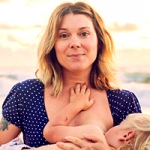

Meg is the mother of three breastfed boys and lives with her husband and children in QLD, Australia. She is an International Board Certified Lactation Consultant (IBCLC) in private practice and works with parents to help them reach their breastfeeding goals. She has a degree in psychology and her prior work was is in counselling and sexual health. She was a La Leche League Leader (breastfeeding counsellor) for seven years before becoming an IBCLC. Meg is the author of two books including, "Boobin' All Day...Boobin' All Night. A Gentle Approach To Sleep For Breastfeeding Families". She has published articles in numerous parenting magazines and websites. She was also filmed for a short documentary, "Lactaboobiephobia", based on one of her blog posts which was released in 2016.
Topic: Breastfeeding With A Tongue Tie. How Can We Help When A Tie Revision Is Not Possible? - [View Abstract]
Topic: Exclusively Breastfeeding Triplets-Case Studies - [View Abstract]
Topic: Social Media Backlash – Addressing Emotionally Charged Responses - [View Abstract]
Topic: What to Do When the Laid-Back Breastfeeding Position Doesn’t Work…Self Attachment, the Flipple Technique and the Koala Hold All With a “Hands Off” Approach - [View Abstract]
Breastfeeding a baby with Down syndrome can bring many challenges to both mother and baby and many women are told they will be unable to breastfeed. This presentation will give examples of women who have faced different challenges breastfeeding their babies with Down Syndrome, yet had successful breastfeeding outcomes with the right support and information. This will include case studies with specific tips and suggestions that will help the lactation professional in offering support to these families. These women have faced many challenges including; prematurity, low muscle tone, breastfeeding into toddlerhood and a toddler who did not start breastfeeding until his mother had another baby when he was 2 ½ years old! This presentation will cover the most common challenges that families face when breastfeeding a baby with this condition and the possible solutions for them.

View Details / Enroll
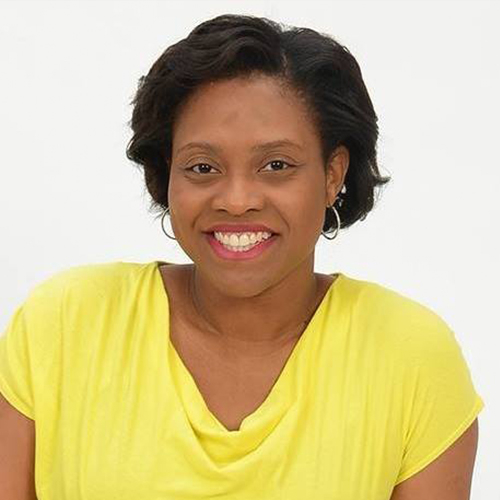
Breastfeeding After Release: The Importance of Anticipatory Care

Karese, like many parents, suffered in silence while her children struggled with the symptoms of undiagnosed sleep and breathing issues. One visit to a pediatric dentist changed the trajectory of their lives. Already a Registered Dental Hygienist (RDH), Karese, trained with Sandra Holtzman, Lois Laynee and Sarah Hornsby to establish her orofacial myology knowledge. With this initial training and numerous others, in a few short years she has not only resolved all her children's issues, but helped hundreds of patients, children and adults alike, discover how great life can be functioning on full. Her private practice, The Myo Spot is now a leader in the quest for myofunctional therapy awareness and public education. Her latest published book, Accomplished, delves into how to sleep better, eliminate burnout, and execute goals. Karese's mission is to transform and positively impact as many households as possible through dynamic breath, brain and body work.
Anticipatory care plays an essential role in achieving desirable outcomes after the revision of tethered oral tissues. Tethered oral tissues are a common and underdiagnosed problem that impacts potentially 10% of the United States population. Lack of a universally accepted approach to diagnosis, treatment, and management creates confusion for the public and prohibits optimal care. This lecture dissects current research, trends, and information to present a deeper connection between oral function and anatomy during breastfeeding and tethered oral tissue revision management. Discover the interdisciplinary approach to restoring a functional and healthy breastfeeding relationship to the dyad and the critical importance of setting families up for success by providing adequate anticipatory care and guidance prior to revision.
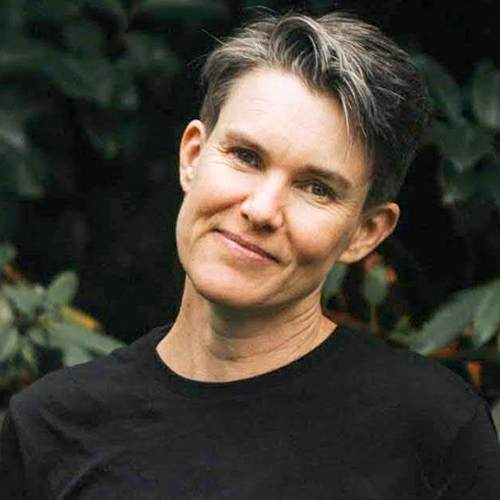
Breastfeeding and Chestfeeding With an Oral Cleft: Scaffolding for Success

Aiden Farrow is an IBCLC, writer, speaker, and infant feeding and health equity advocate. Parent of a child born with a cleft lip and palate, they have advocated extensively over the last 16 years in order to increase awareness of the specific challenges faced by cleft affected infants and their families and to increase adequate lactation support for this community. Based in Victoria BC, Aiden has a private practice entirely focused on babies with oral clefts, providing support internationally via telehealth. Aiden serves on the editorial review board of the Journal of Human Lactation and co-authored the journal’s policy on sex and gender inclusion. Aiden works with Indigenous families as a family support worker and lactation and infant feeding consultant at the Victoria Native Friendship Centre and has a special interest in food security and food sovereignty for infants and toddlers.
When a baby is born with a cleft lip, cleft palate, or cleft lip and palate, how the infant will be fed is an immediate and compelling issue to resolve. Once the baby is feeding competently at the breast or with a bottle, the family may receive little to no feeding support between the early weeks after birth until the recovery period following lip or palate surgery. While full breastfeeding (directly at the breast, without compensations or devices) is theoretically possible once the lip and palate are repaired, some babies have difficulty returning to direct breastfeeding or chestfeeding, and babies who have never been breastfed or chestfed, lack the oral skills to do so. In this presentation, I will discuss what “scaffolding for success” means in the context of breastfeeding and chestfeeding with an oral cleft. I will cover how to counsel parents at each significant stage of the baby’s cleft care timeline, how to support a parent’s unique feeding goals, how to break down a feeding goal into smaller, achievable steps, techniques for supporting at the breast feeding for babies with unrepaired clefts, best practices for achieving a full milk production, mixed feeding, feeding tools, and how to support developmentally appropriate feeding skills before and after cleft repair surgery.
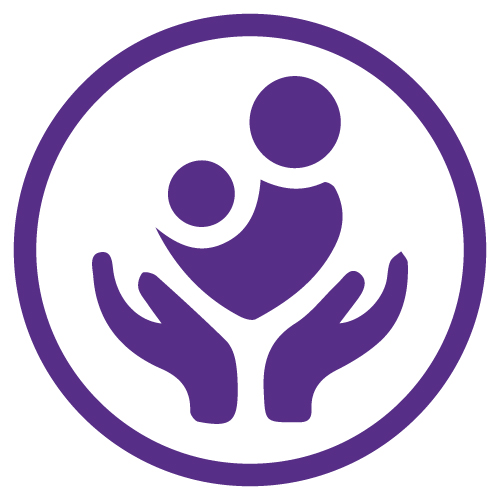
View Details / Enroll
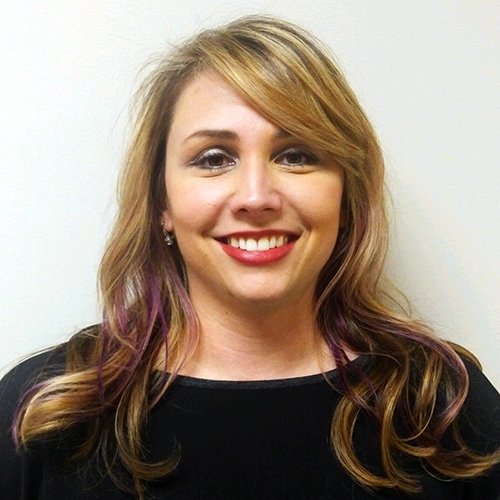
Breastfeeding and Neonatal Abstinence Syndrome

Amber Valentine is a Speech-Language Pathologist who graduated from the University of Kentucky with her MS in Communication Disorders. She is a Board Certified Specialist in Swallowing and Swallowing Disorders and an International Board Certified Lactation Consultant, as well as a Certified Neonatal Therapist (CNT). She worked for Baptist Health Systems, Inc for 8 years before moving to Florida where she worked for Wolfsons Children’s Hospital and Mayo Florida. She is now back in Kentucky working for Baptist Health Lexington. She has experience in adults and pediatrics with feeding and swallowing difficulties including: bedside swallow evaluations, Modified Barium Swallow studies, FEES, and pediatric feeding evaluations including NICU. She has experience with head and neck cancer patient including evaluation and treatment of swallowing difficulties, PMV use, and voice after total laryngectomy including TEP. She has provided guest lectures for the University of Kentucky, Eastern Kentucky University, and the University of Louisville on feeding and swallowing topics. She has presented at the hospital, local, state, national, and international levels on pediatric feeding/swallowing and breastfeeding.
Topic: Breastfeeding Medically Complex Infants in the Neonatal ICU - [View Abstract]
Topic: Building a Successful Breastfeeding Program in the NICU: Challenges and Practical Solutions - [View Abstract]
This presentation is designed to discuss the role of feeding therapy, breastfeeding, and family dynamics with infants with neonatal abstinence syndrome. These baby/family dynamics can be complex situations and feeding difficulties are extremely common. Breastfeeding education/information can be implemented prior to birth along with other education for families to promote more infant/family bonding and reduce stress of being born in substance exposure. Breastfeeding dramatically reduces stress signs in infants exposed to substances neonatally. Working together as an interdisciplinary team, we can set these families up for more successful feeding opportunities and decreased stress in developmental care.
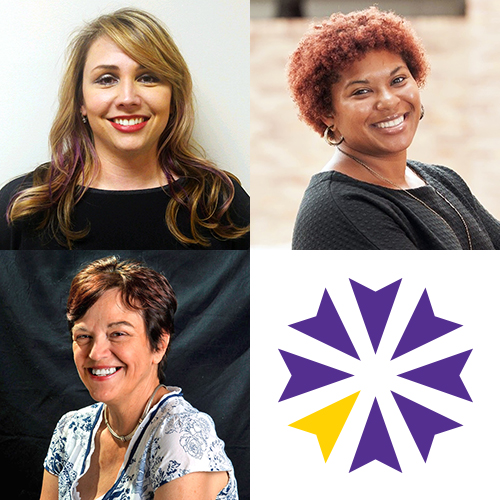
View Details / Enroll
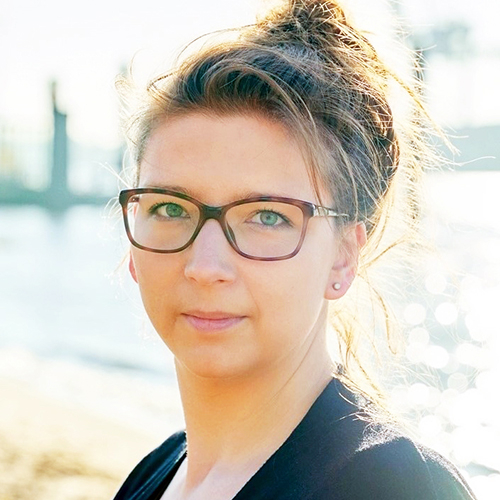
Breastfeeding as a Prevention Strategy for Speech Language Disorders

Lina Mazzoni is a Lactation Consultant, IBCLC with a Bachelors Degree in Speech and Language Therapy. Since 2013 she has been working primarily with children and specialized in the treatment of sucking, swallowing and feeding disorders. In 2019 she became a Lactation Consultant to be able to work equivalent with the children and the mother. As a working mom she worked part time as a Lactation Consultant in a hospital in Hamburg, started her own privat practice in 2019 and since october 2021 she works exclusively in her private practice as a lactation consultant and SLT. She also works as an Instructor in lactation education and further education regarding feeding developement and disorders . Lina has two children and lives with them and her husband in Hamburg, Germany.
Topic: Sucking Disorders in Children with Neurological, Muscular, Genetic or Anatomical Diseases - [View Abstract]
The prevention and early treatment of diseases is part of a Speech and Language Therapist's working field.
The question is, at what point can SL Therapy have a preventative influence, what are the advantages of early consultations and treatments and what significance does a nursing and lactation consultation have in this context. Asha and Fletcher (2005, S.1) called a SL Therapist and a Lactation Consultant a "Baby's feeding dream team", so the combination of these two professions might be a good way to facilitate difficult breastfeeding relationships and reduce SL disorders over the years.
Breastfeeding is the physiological way to feed a baby. It supports the Mother-Child-Bond and sets the foundation for the undisturbed organic, sensorial, motoric, cognitive, oral and social development. If there is a problem with the ingestion of food (oromotor dysfunction or dysphagia), the topic of breastfeeding tends to move to the background. But what if breastfeeding can be used as part of the therapy? Promoting early SLT and by supporting the breastfeeding and preventing the use of artificial teats, which can have a negative influence especially on the oromotor and muscle development, the outcome might improve.
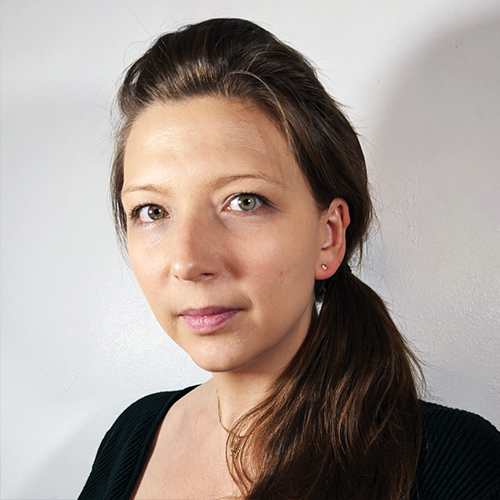
View Details / Enroll
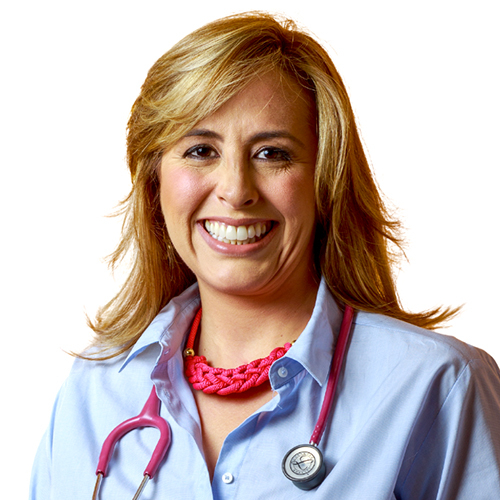
Breastfeeding Beyond All Obstacles: Breastfeeding Families and Complicated Mastitis

Patricia Díaz L., Woman passionate about accompanying Women and Families through their Conscious and Connected gestational, birthing and parenting journeys. She is a trained Pediatrician, IBCLC and Doula. Graduated as a Surgeon physician and Pediatric Specialist from the Central University of Venezuela, at the main Children’s Hospital of the country; JM de los Ríos. From her formative years, she fell in love with the dynamic process of Breastfeeding and the unique physical, nutritional, immunological, qualities of it, along with the transformative emotional and spiritual bond that formed between the new parents and their baby: "Being a witness to that first magical and intimate human contact, is one of the most wonderful sensations in the world; I have ever experienced”. Dr. Patricia Díaz graduated as Promoter and Consultant of the Lactation Center ""Mi Gota de Leche” ( “ My Drop of Milk” ) at the Hospital J.M. de los Ríos, with the endorsement of UNICEF. She was part of the First Cohort of Diplomats in Breastfeeding and Complementary Feeding Practices, of the Faculty of Medicine, at the Central University of Venezuela. Member of the American Academy of Breastfeeding Medicine (ABM) and the International Lactation Consultant Association (ILCA). Trained as a Doula, at the Auroramadre Center in Venezuela. National and International speaker. With more than a decade of experience, Patricia, strongly advocates for Human Lactation Education, at her private practice in Venezuela, where she currently is the Chief of Pediatrics at La Trinidad Medical Teaching Center. At this center, she has co-designed the Respectful Birthing Protocol (to honor the Sacred Hour, Skin to Skin and Rooming in; most recently updated alongside Neonatology Department, to adjust it for COVID19 context). Also through her social media platform @PediatríaAutana (Tree of Life), she educates, advocates for Breastfeeding families and designs educational tools for Parents and Caregivers, Families and Teachers, in the most innovative formats, adjusted to their needs, concerning topics associated with Prenatal Prolactation Prep, Human Lactation, Parenting, Growth and Neurodevelopment, Pediatrics.
Topic: Slow Weight Gain in the Early Days of Breastfeeding - [View Abstract]
Breastfeeding is a human act, typical of our species and as biopsychosocial beings, it is surrounded by obstacles inherent to the experience and determined by our environment.
Breastfeeding in western societies is challenging under normal circumstances; when everything goes as expected. However, in cases where complications such as abscessed mastitis arise, which seem to be the maximum expression of everything that can go wrong in a breastfeeding history: pain, frustration, surgical interventions, use of antibiotics, slow weight gain, etc ; It is where the medical indication to do without breastfeeding frequently arises, as if it were just a practice that could be easily replaced by another feeding method.
In this presentation you will learn the expanded perspective, the challenges and fears of a family that breastfed, through complicated mastitis and managed to restore their Lactation history, through the informed accompaniment of a pro-lactation team of obstetrician and IBCLC pediatrician.

View Details / Enroll
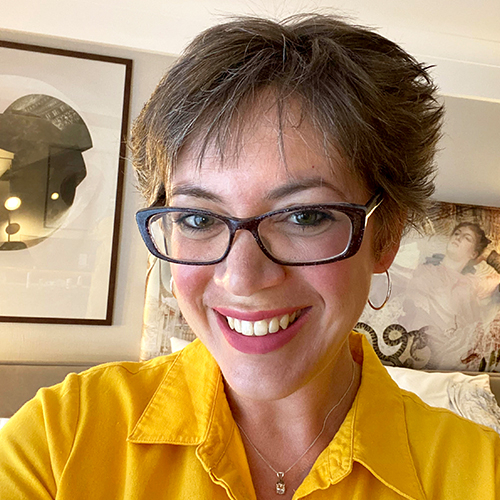

Lyndsey is an experienced paediatric nurse, children’s public health nurse, International Board Certified Lactation Consultant, Holistic Sleep Coach, researcher and responsive parenting advocate. She has worked in hospitals, clinics, the community and within clients’ homes for 20 years, serving within the UK NHS, in private practice and voluntarily.
The co-founder and clinical director of the Holistic Sleep Coaching program, Lyndsey regularly teaches internationally, as well as providing mentorship for newer sleep coaches. She is passionate about responsive feeding, gentle parenting and promoting parental confidence and well-being.
With Professor Amy Brown, she is the co-founder of Thought Rebellion – an education and publishing company seeking to inspire, challenge and equip professionals and writers in the parenting, lactation and perinatal space with an evidence based revolution.
Lyndsey is currently a PhD researcher at Swansea University, exploring the needs and challenges of medically complex breastfed infants and children. In 2019 she set up the Breastfeeding the Brave project to raise awareness of the unique breastfeeding needs of chronically, critically, and terminally ill children in the paediatric setting. The mother of a childhood cancer survivor, she often talks about the impact of chronic serious illness on families, and seeks to support other families living through a serious childhood illness.
Lyndsey is a respected international speaker and teacher, and regularly speaks out against the dominant sleep training culture, as well as advocating for the rights of families to receive high-quality, compassionate and expert support. She is the author of Holistic Sleep Coaching (2018), Let’s talk about your new family’s sleep (2020), Still Awake (2021), Breastfeeding the Brave (2022) and co-author of The Writing Book (2022).
Topic: Breastfeeding Children with Cancer - [View Abstract]
Topic: More Support in a Coffee Shop Than in the Hospital: Experiences of Breastfeeding Children With Medical Complexity - [View Abstract]
Topic: Supporting Families With Sleep While Optimising Attachment and Responsive Feeding - [View Abstract]
Topic: You Can't Sleep With Your Foot On The Gas Pedal: How To Improve Sleep By Tapping Into Calm - [View Abstract]
Most children, happily, encounter no significant illness during childhood. Of those who do, some will be breastfed. Exclusive breastfeeding for 6 months, as well as continued breastfeeding alongside appropriate introduction of solid foods until the age of two years and beyond is recommended by the World Health Organisation. Breastfeeding is known to confer multiple well-documented protective properties, and the risks of not being breastfed are profound, even in well-developed countries.
Although breastfeeding reduces the overall risk of many serious childhood illnesses and malignancies, it is not a panacea. Many children who are breastfed optimally will still develop a serious health condition. This small group of children, and their families are an important population, with specific needs that are under-represented in policy, literature and professional training.
This presentation will identify specific childhood cancers, their prevalence and common treatments. It will also introduce some of the challenges experienced by parents breastfeeding their child through cancer, and some practical ways to support families facing this ordeal.
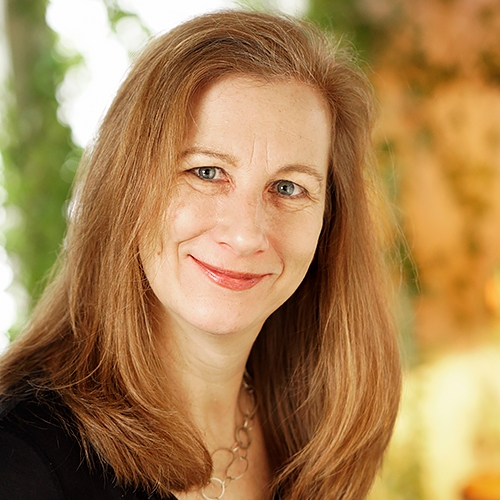
Breastfeeding for Maternal Cardiovascular Health: A Review of the Evidence

Sonia Semenic is an Associate Professor at the Ingram School of Nursing, McGill University (Montreal, Quebec, Canada) and a Nurse Scientist at the McGill University Health Center. After many years of experience as an IBCLC and Clinical Nurse Specialist in maternal-child health, Sonia completed a PhD in Nursing and postdoctoral training in community health. Her research aims to better understand the process of knowledge translation (KT) in perinatal health, with a particular focus on the implementation of evidence-based practices to protect, promote and support breastfeeding. She currently co-leads the Knowledge Translation Platform for the Quebec Nursing Intervention Research Network, and teaches graduate courses on knowledge translation in nursing practice.
Topic: Moving from Evidence to Practice: Knowledge Translation and Breastfeeding Support - [View Abstract]
There is mounting research evidence that lactation is associated with both short- and long-term benefits for maternal cardiovascular health. Observational studies have found that lactation can lower maternal blood pressure, risk of metabolic syndrome, and other markers of cardiovascular risk (Rameez et al, 2019; Qu et al, 2018), and a recent meta-analysis involving more than 1 million individuals concluded that breast/chest-feeding is associated with a 10% lower risk of fatal and non-fatal cardiovascular disease or stroke in later life (Tschiderer et al, 2022). Potential explanations for the cardioprotective impacts of lactation include the role of lactation in postpartum lipid metabolism (Countouris et al, 2020), beneficial effects of oxytocin on the cardiovascular system (Jankowski, 2020), and the role of oxytocin in the stress response (Brunton et al, 2008). However, the relationship between lactation and cardiovascular outcomes is complex and may be mediated by such factors as obesity and metabolic syndrome (Stuebe, 2015). This presentation will review the latest research evidence related to the association between lactation and cardiovascular outcomes, and provide guidance on how to promote breast/chest-feeding for maternal cardiometabolic health.
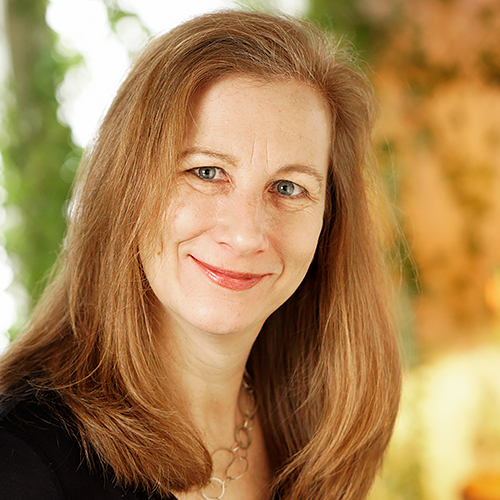
View Details / Enroll
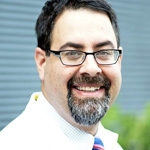
Breastfeeding improvement following tongue-tie and lip-tie release: A prospective cohort study

Bobby Ghaheri, MD is a board certified ear, nose and throat specialist with The Oregon Clinic in Portland, OR. His interest in treating children with tongue and lip-tie stems from his ardent support of breastfeeding and was furthered by his personal experiences, as his youngest child benefited from treatment for it. He enjoys working with children and has an interest in traditional and non-traditional approaches to pediatric pain control. To communicate with him, feel free to email him at [email protected] or follow him on Twitter at @DrGhaheri.
Topic: Diagnosis and Management of Tongue Tie and Lip Tie in Breastfeeding - [View Abstract]
Numerous symptoms may arise which prevent mother-infant dyads from maintaining desired breastfeeding intervals. Investigations into treatments which positively influence breastfeeding outcomes allow for improved patient counseling for treatment decisions to optimize breastfeeding quality.
Surgical release of tongue/lip-tie results in significant improvement in breastfeeding outcomes. Improvements occur early (1-week postoperatively) and continue to improve through 1-month postoperatively. Improvements were demonstrated in both infants with classic anterior tongue-tie and less obvious posterior tongue-tie. This study identifies a previously under-recognized patient population that may benefit from surgical intervention if abnormal breastfeeding symptoms exist.

Breastfeeding Medically Complex Infants in the Neonatal ICU

Amber Valentine is a Speech-Language Pathologist who graduated from the University of Kentucky with her MS in Communication Disorders. She is a Board Certified Specialist in Swallowing and Swallowing Disorders and an International Board Certified Lactation Consultant, as well as a Certified Neonatal Therapist (CNT). She worked for Baptist Health Systems, Inc for 8 years before moving to Florida where she worked for Wolfsons Children’s Hospital and Mayo Florida. She is now back in Kentucky working for Baptist Health Lexington. She has experience in adults and pediatrics with feeding and swallowing difficulties including: bedside swallow evaluations, Modified Barium Swallow studies, FEES, and pediatric feeding evaluations including NICU. She has experience with head and neck cancer patient including evaluation and treatment of swallowing difficulties, PMV use, and voice after total laryngectomy including TEP. She has provided guest lectures for the University of Kentucky, Eastern Kentucky University, and the University of Louisville on feeding and swallowing topics. She has presented at the hospital, local, state, national, and international levels on pediatric feeding/swallowing and breastfeeding.
Topic: Breastfeeding Medically Complex Infants in the Neonatal ICU - [View Abstract]
Topic: Building a Successful Breastfeeding Program in the NICU: Challenges and Practical Solutions - [View Abstract]
Feeding is the most complex task of infancy, even in term babies with no complications. There are many diagnoses, conditions, syndromes, and co-morbidities that can impact feeding in neonates and infants. This talk will briefly highlight many of those, but we will focus on three specific populations of interest –Cleft lip and palate, Infants of Diabetic Mothers, and Down Syndrome. We will discuss the specific implications these conditions can have on feeding, why these infants may have difficulty, and the classic symptoms one could expect to see. The differences between delayed and disordered feeding will also be addressed. Strategies and adaptions for both breast and bottle feeding will be discussed. Positioning, nipple flow rate, and external strategies will be explained. Case studies will be shared at the end of the presentation.

View Details / Enroll
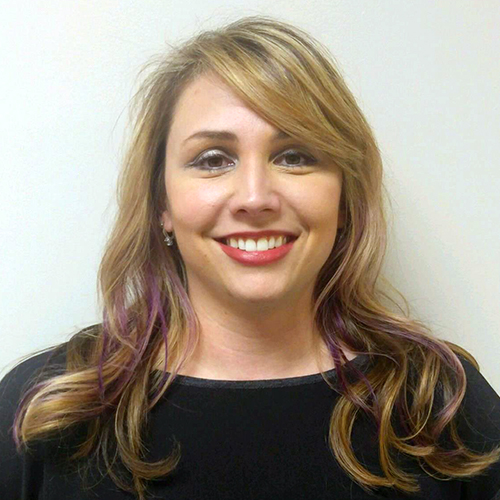
View Details / Enroll















